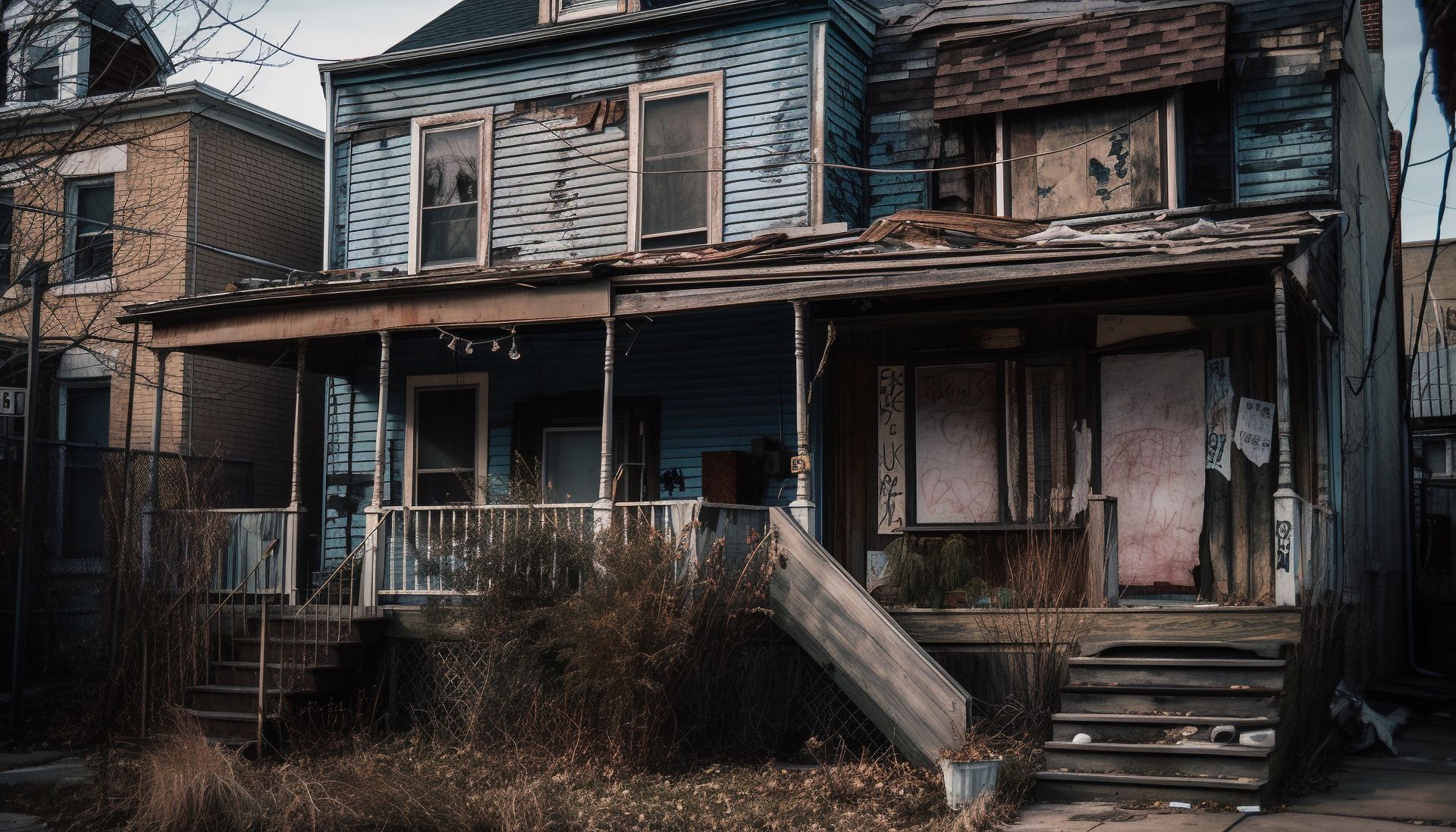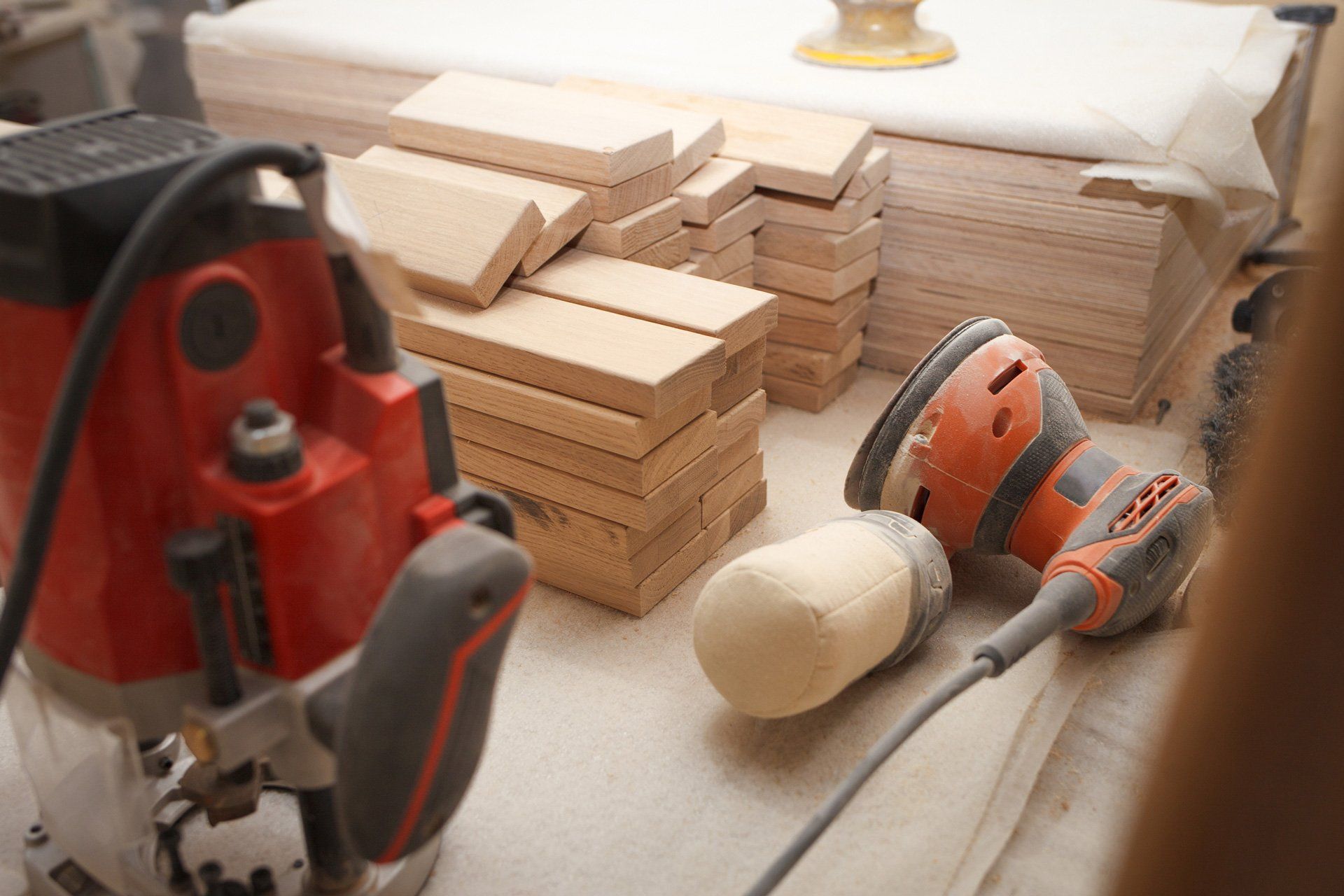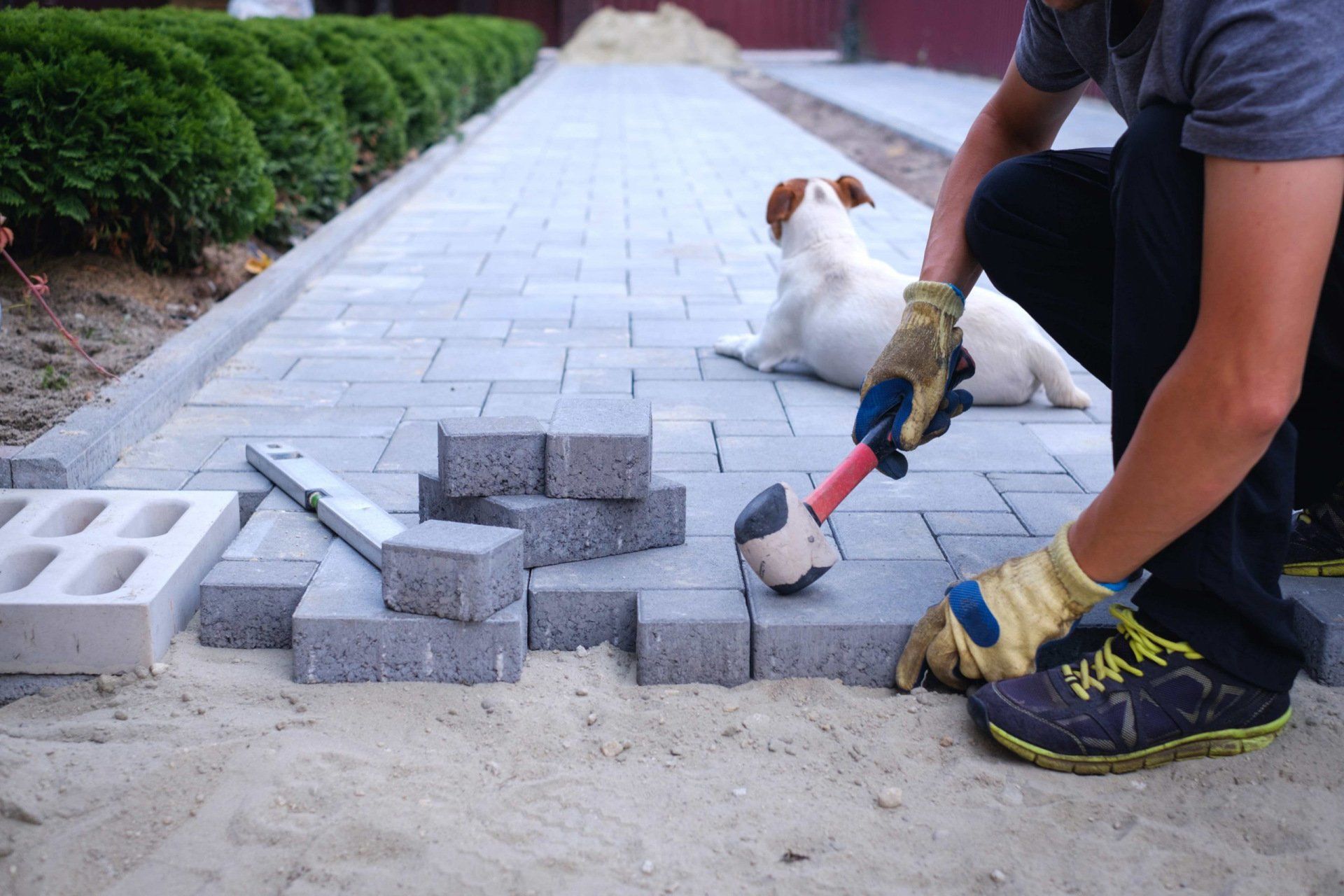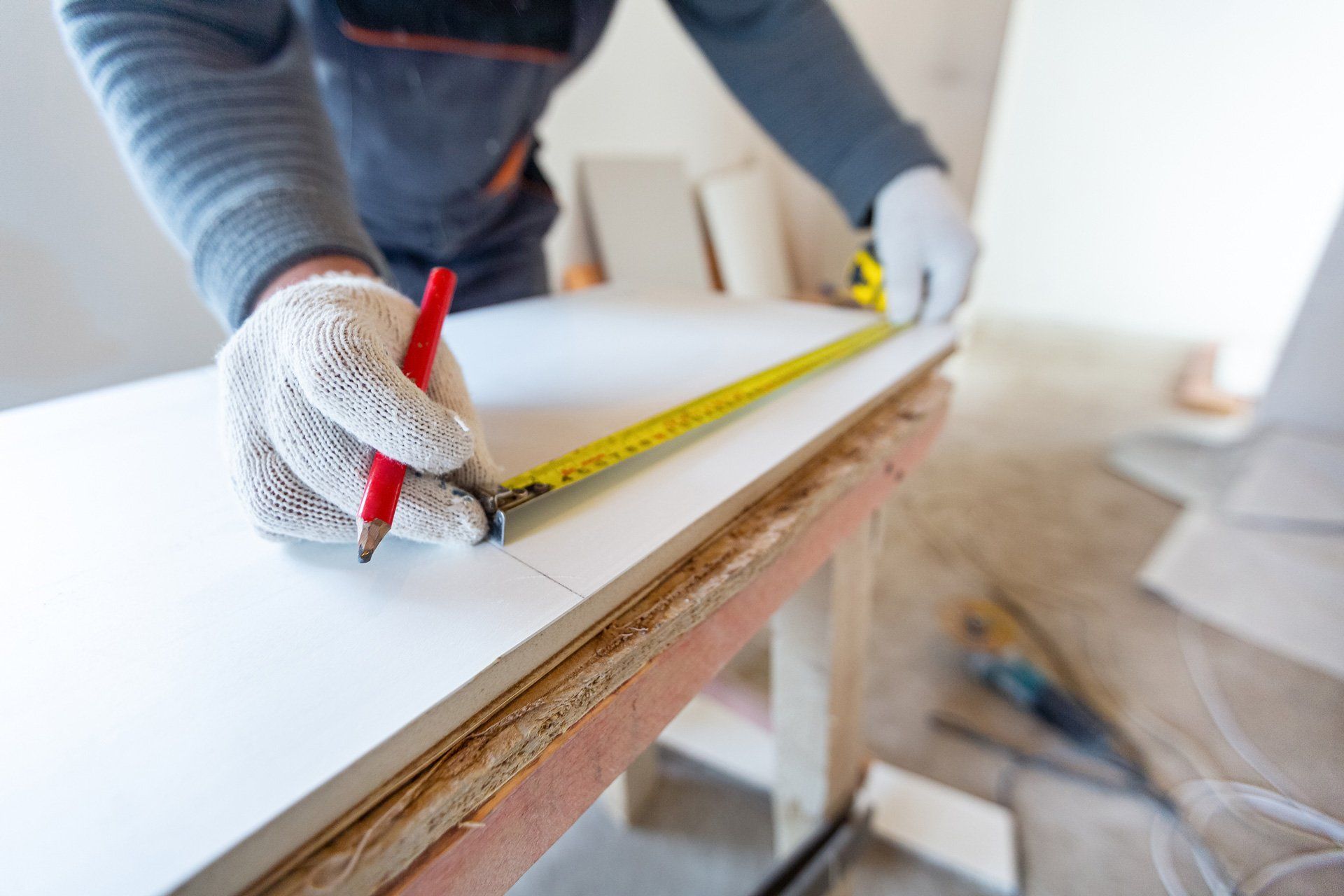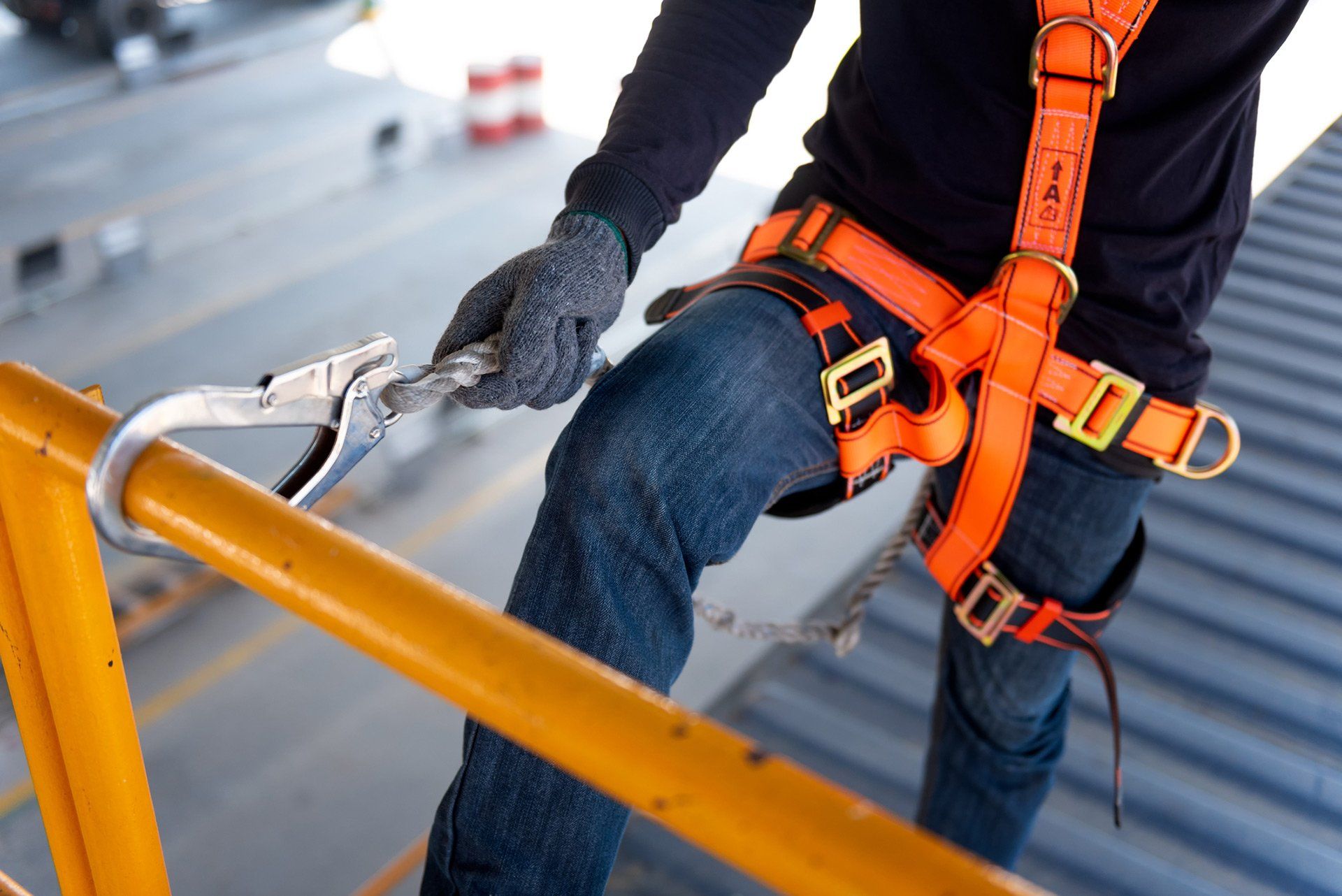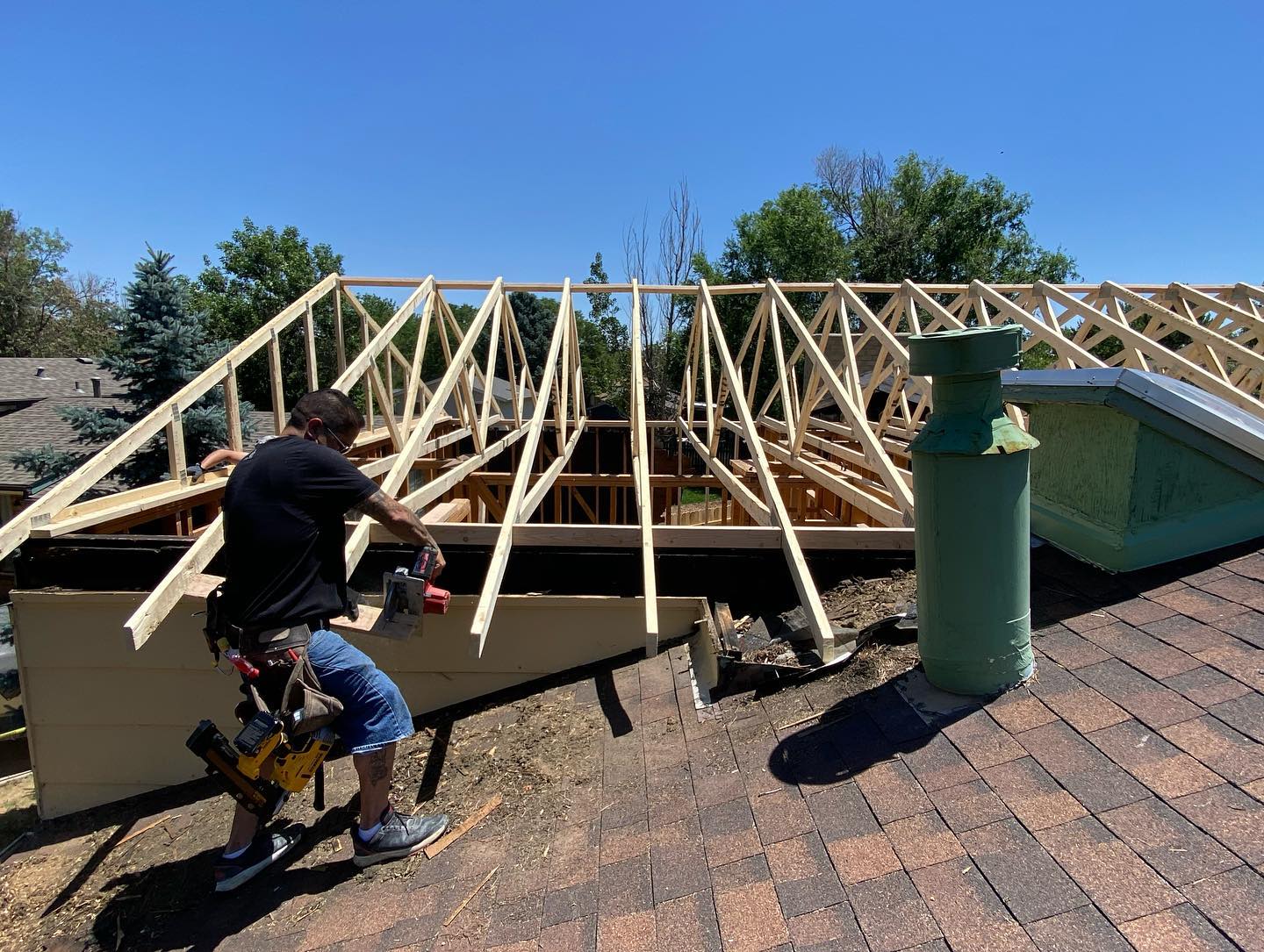Sustainable Kitchen Design Trends in Denver
Sustainable Kitchen Design Trends in Denver
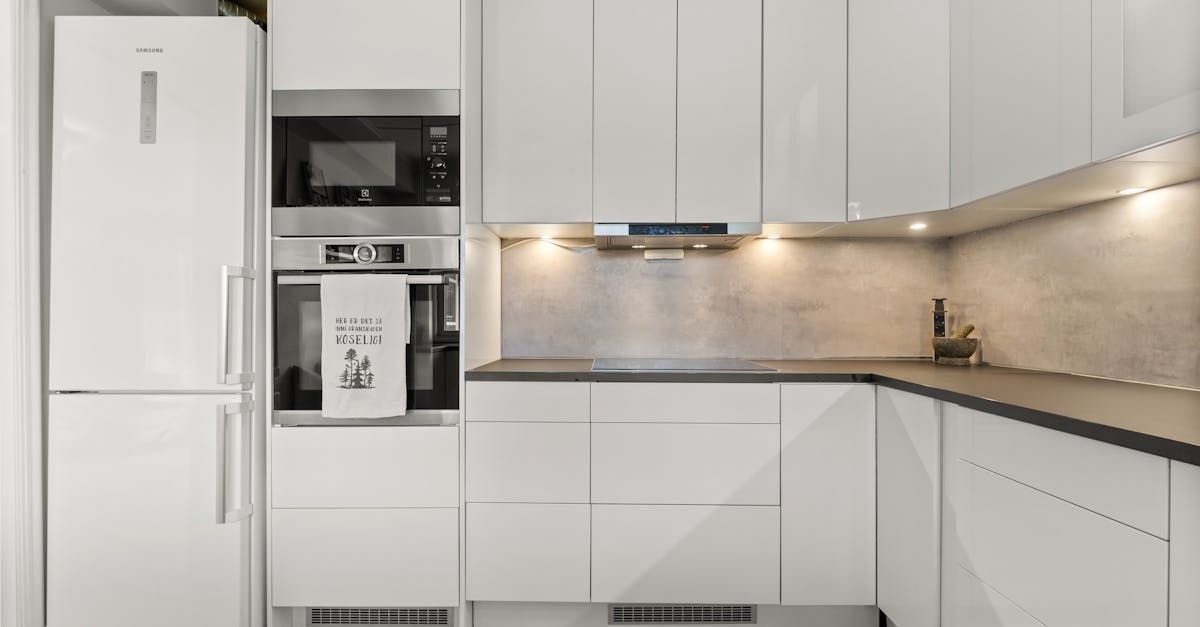
As we navigate through an era of heightened environmental awareness,
sustainable kitchen design has emerged as a significant trend in Denver. Homeowners are increasingly looking to reduce their carbon footprint while creating spaces that are not only beautiful but also functional. This blog will explore the latest sustainable kitchen design trends in Denver, highlighting innovative materials, energy-efficient appliances, and smart design practices that make a positive impact on the environment.
The Rise of Sustainable Kitchen Design
The movement towards sustainability in kitchen design has been spurred by several factors, including rising energy costs, increasing awareness of climate change, and a desire for healthier living spaces. In Denver, where outdoor lifestyles and environmental consciousness are part of the culture, homeowners are leading the charge in embracing eco-friendly practices in their homes.
Sustainable kitchen design is not just about using recycled materials or installing energy-efficient appliances; it’s a holistic approach that encompasses everything from layout and lighting to water usage and ventilation.
Key Elements of Sustainable Kitchen Design
Eco-Friendly Materials
One of the most significant trends in sustainable kitchen design is the use of eco-friendly materials. Here are some options that are gaining popularity in Denver:
- Recycled and Repurposed Materials: Countertops made from recycled glass or reclaimed wood add unique character while minimizing waste. Local artisans often create stunning pieces that reflect the area's natural beauty.
- Bamboo and Cork: Both bamboo and cork are renewable resources that have gained traction in kitchen cabinetry and flooring. Bamboo grows rapidly and absorbs carbon dioxide, making it a fantastic choice for environmentally conscious homeowners.
- Low-VOC Paints and Finishes: Volatile organic compounds (VOCs) can significantly impact indoor air quality. Choosing low-VOC paints and finishes helps keep the kitchen environment healthier for you and your family.
Energy-Efficient Appliances
Energy-efficient appliances are essential for any sustainable kitchen. The U.S. Department of Energy estimates that energy-efficient appliances can save you hundreds of dollars in energy costs each year. In Denver, many homeowners are opting for ENERGY STAR-rated appliances, which use less energy and water without sacrificing performance.
Popular Choices:
- Smart Refrigerators: Many modern refrigerators come with features that help you monitor energy usage and reduce waste. Some models even allow you to manage grocery inventories to avoid buying excess food.
- Induction Cooktops: These cooktops are more energy-efficient than traditional gas or electric ranges. They heat up quickly and allow for precise temperature control, which not only saves energy but also makes cooking more efficient.
- Dishwashers with Eco Modes: Many new dishwashers feature energy-saving cycles that use less water and energy while still getting your dishes clean.
Water Conservation
In Denver, water conservation is particularly important given the region's arid climate. Sustainable kitchen design focuses on minimizing water usage through thoughtful planning and smart choices:
- Low-Flow Faucets and Fixtures: Installing low-flow faucets can reduce water usage significantly without compromising performance. Many stylish designs are available, ensuring that functionality doesn’t sacrifice aesthetics.
- Water-Efficient Dishwashers: These appliances use significantly less water per cycle than handwashing or traditional dishwashers, making them a smart choice for eco-conscious kitchens.
- Rainwater Harvesting Systems: Some homeowners are even considering rainwater harvesting systems to supply water for kitchen use, especially for non-potable purposes like irrigation or cleaning.
Natural Light and Ventilation
Natural light can dramatically transform a kitchen space, making it feel larger and more inviting. Incorporating large windows, skylights, and open layouts helps maximize natural light, reducing the need for artificial lighting during the day.
Ventilation is equally crucial in sustainable kitchen design. Good ventilation not only helps eliminate cooking odors but also improves indoor air quality. Consider installing:
- Energy Recovery Ventilators (ERVs): These systems help maintain indoor air quality while minimizing energy loss, ensuring a comfortable cooking environment.
- Range Hoods: A well-ventilated kitchen is vital for removing smoke and odors. Look for range hoods that are energy-efficient and designed for optimal airflow.
Smart Design Practices
Sustainable kitchen design is also about smart practices that lead to more efficient use of space and resources. Here are some approaches Denver homeowners are adopting:
- Open Floor Plans: Open layouts create a sense of space and encourage social interaction while minimizing the need for unnecessary walls and materials.
- Flexible Spaces: Designing kitchens with flexibility in mind allows homeowners to adapt their spaces for various functions, from cooking to entertaining. Movable islands and multi-purpose furniture can add versatility.
- Efficient Layouts: The classic kitchen work triangle (the ideal distance between the sink, stove, and refrigerator) is still relevant in sustainable design. Thoughtful layouts can save time and energy while enhancing usability.
Local Sourcing
Choosing locally sourced materials for your kitchen design not only benefits the environment but also strengthens the Denver economy. By selecting products from nearby suppliers, homeowners can reduce the carbon footprint associated with transportation, making their projects more sustainable. Local materials often have a smaller environmental impact and can showcase the unique character of the region.
Moreover, many Denver-based companies specialize in sustainable building materials that reflect the area's natural beauty. From reclaimed wood to locally quarried stone, these options not only enhance aesthetic appeal but also tell a story of craftsmanship and community. Supporting local businesses fosters a sense of connection and responsibility, ensuring a brighter future for the entire region.
Biophilic Design
Biophilic design emphasizes the connection between nature and the built environment. Incorporating natural elements into the kitchen can create a calming atmosphere and enhance overall well-being. This can be achieved through:
Indoor Plants
Adding greenery not only purifies the air but also brings a vibrant touch to the space. Herbs like basil and mint can even serve a dual purpose as both decoration and cooking ingredients.
Natural Textures
Using natural textures like stone, wood, and textiles in your kitchen design can help create a warm and inviting atmosphere, grounding the space in nature.
The Beauty of Biophilic Design in Modern Kitchens
Biophilic design brings the essence of nature into modern kitchens, creating spaces that enhance well-being and connection to the environment. By incorporating natural elements such as wood, stone, and plants, these kitchens foster a calming atmosphere that encourages creativity and relaxation. Features like large windows allow for ample natural light and unobstructed views of the outdoors, blurring the lines between indoor and outdoor spaces. This design philosophy not only beautifies the kitchen but also promotes a healthier living environment.
Additionally, integrating plants into kitchen design can improve air quality and provide fresh herbs for cooking. Vertical gardens or simple potted herbs on windowsills can add vibrant greenery without taking up much space. The use of natural textures and colors can further enhance the aesthetic, making the kitchen a serene sanctuary that reflects nature’s beauty while encouraging sustainable living practices.
Elevate Your Cooking Space with Sustainable Practices
Elevating your kitchen through sustainable practices involves making thoughtful choices that benefit both the environment and your daily life. Start by selecting energy-efficient appliances that reduce consumption and lower utility bills. Look for products that have ENERGY STAR certifications, which guarantee energy savings without sacrificing performance. Additionally, consider installing low-flow faucets and water-efficient dishwashers to conserve water, especially in a region like Denver where water conservation is crucial.
Beyond appliances, the choice of materials plays a significant role in creating a sustainable kitchen. Opt for recycled or reclaimed materials, such as countertops made from recycled glass or cabinetry from sustainably sourced wood. These choices not only reduce waste but also add unique character to your space. By implementing these sustainable practices, you can create a kitchen that is not only functional and stylish but also a testament to your commitment to the environment.
Conclusion
Incorporating sustainable kitchen design trends in Denver not only enhances the beauty and functionality of your space but also supports a healthier environment. By embracing biophilic design, utilizing eco-friendly materials, and investing in energy-efficient appliances, you create a cooking area that reflects your commitment to sustainability. These choices promote well-being and reduce your carbon footprint, aligning with the values of the Denver community. As you embark on your kitchen transformation, consider partnering with local experts like K&D Development located at 2951 W 91st Pl, Federal Heights, CO 80260 United States
to ensure your project reflects both innovative design and environmental responsibility, creating a truly inspiring space for years to come.


